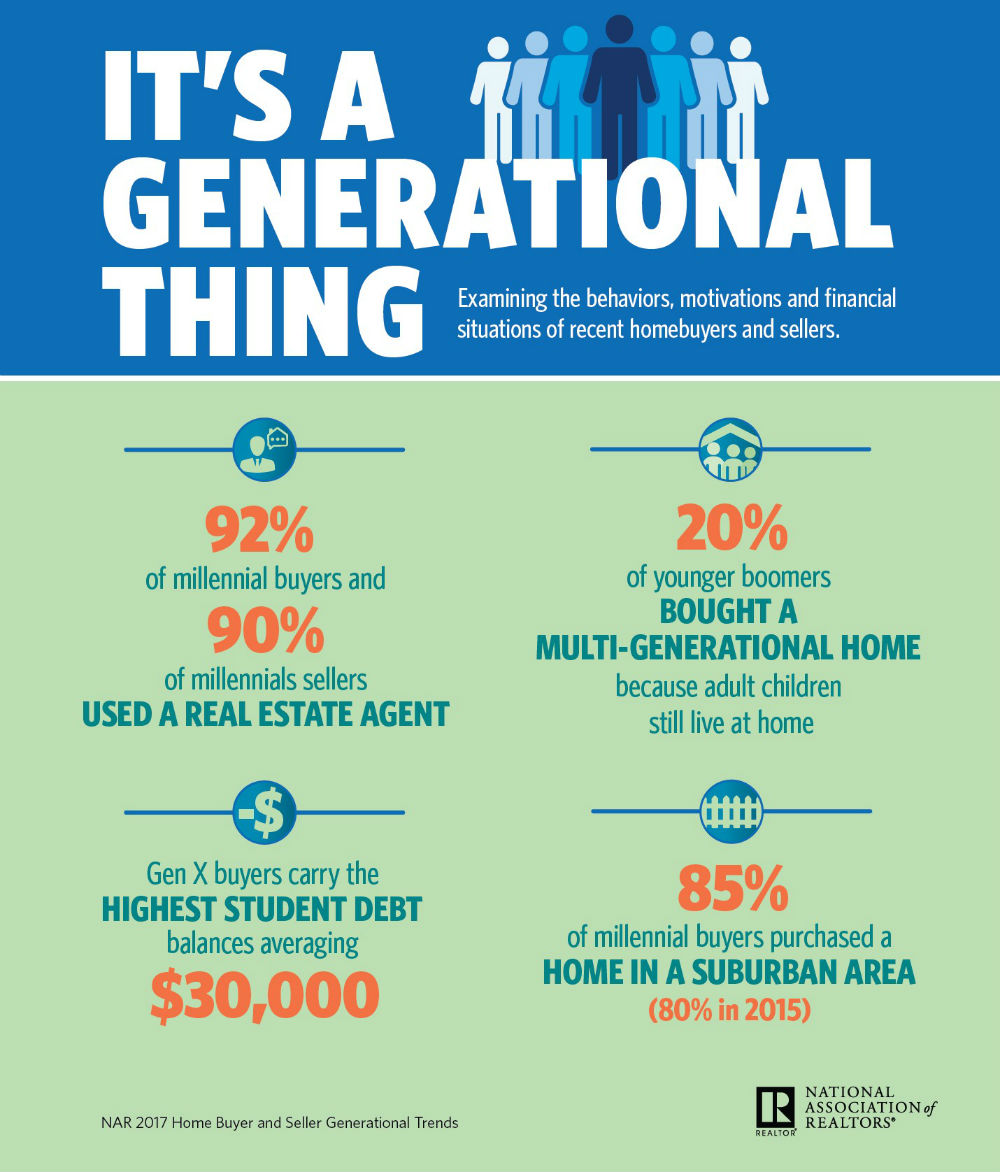Future Trends In Realty Planning: What To Anticipate In The Next Five Years
Future Trends In Realty Planning: What To Anticipate In The Next Five Years
Blog Article
Authored By-Coble Emery
As you expect the following 5 years in real estate planning, support yourself for a landscape formed by technical advancements, moving demographics, and a growing focus on sustainability. Virtual reality excursions and artificial intelligence are just the start. The future holds a tapestry of development waiting to transform exactly how we think about building and area development. Keep tuned for a glance right into what lies ahead in the world of real estate preparation.
Technological Innovations in Property
When considering the future fads in property preparation, it's essential to take into consideration the impact of technological advancements. Developments in technology are transforming the property industry, altering the means homes are purchased, offered, and handled.
Virtual reality tours enable potential purchasers to check out buildings from the comfort of their homes, saving time and making the process more effective. Additionally, artificial intelligence is being used to evaluate market fads and anticipate future property values, helping financiers make notified decisions.
Smart home innovation is another considerable development forming the realty landscape. From energy-efficient appliances to safety systems that can be controlled from another location, these features are coming to be significantly popular amongst buyers. Additionally, blockchain technology is simplifying purchases by offering protected and transparent approaches for conducting realty deals.
Accepting these technical technologies will be critical for real estate organizers to stay affordable and meet the developing requirements of customers. By including these innovations right into their methods, specialists can enhance the overall experience for purchasers, vendors, and financiers alike.
Changing Demographics Influencing Planning
With demographic changes affecting realty planning, it's necessary for specialists in the market to adapt to transforming populace patterns. As the population ages, there's an enhancing need for age-friendly housing and features. Baby boomers are scaling down, seeking walkable areas with access to health care and pastime. This trend is likewise seen with millennials, that prioritize convenience and sustainability, driving the need for mixed-use developments and green areas.
Moreover, the enhancing variety within the population requires more inclusive planning approaches. Culturally browse around this site require rooms that satisfy different choices and traditions. Realty specialists require to take into consideration these variables when creating and marketing homes to ensure they reverberate with a more comprehensive target market.
Furthermore, the surge of remote job is improving real estate preferences. With more people functioning from home, there's an expanding need for office, high-speed internet access, and flexible home.
This shift is influencing the advancement of rural and rural areas as sensible choices to city living. Adjusting to these changing demographics will be vital for effective property preparation in the coming years.
Lasting Growth Practices
The advancing landscape of property planning is progressively concentrating on lasting growth practices. As https://personal-injury51616.bligblogging.com/32544178/comprehend-the-vital-advantages-of-looking-for-aid-from-an-estate-planning-attorney expect the next five years, integrating lasting aspects right into real estate tasks will be critical. Embracing sustainable techniques not just profits the environment but likewise enhances the worth and charm of properties.
Investing in energy-efficient innovations, utilizing environment-friendly materials, and promoting green rooms are becoming typical methods in property advancement. These initiatives not just reduce the carbon footprint of buildings yet also draw in environmentally-conscious tenants and purchasers.
Sustainable buildings are a lot more cost-efficient over time, as they consume much less power and resources, leading to reduced functional costs.
Moreover, integrating sustainable attributes can differentiate your realty projects in an open market. Customers are increasingly focusing on sustainability, and residential properties that line up with their values are more likely to stand out.
Conclusion
In the next 5 years, real estate planning will certainly continue to develop with technical advancements, transforming demographics, and a focus on sustainability. Virtual reality scenic tours, expert system, age-friendly real estate, and environment-friendly attributes will shape the future of the sector. Stay ahead of the curve by welcoming development, inclusivity, and lasting methods in your real estate planning initiatives. The future is bright for those who adjust to these patterns and embrace the opportunities they bring.
